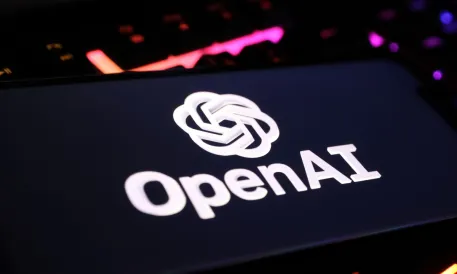While it battles with digital behemoths to stay competitive in the generative AI race, OpenAI revealed a slew of new tools on Tuesday that would facilitate developers in creating apps based on its artificial intelligence technology. These tools are used to construct applications.
Read also: OpenAI’s ChatGPT gets a voice upgrade, redefining AI interaction
Simplified AI speech app development
The Microsoft-backed business (MSFT.O) announced that developers can construct AI speech apps with only one set of instructions by utilising a new real-time tool available for testing. Previously, developers had to complete at least three phases in the process: transcription of audio, query processing using a generated-text model, and lastly, use of an independent text-to-speech model.
The deployment of enhanced capabilities is a central selling point for OpenAI, as the company receives a significant portion of its income from companies utilising its services to develop their AI applications. The competition has also intensified as significant players in the technology industry, such as Alphabet, the parent company of Google (GOOGL.O), open new tabs and include AI models that can analyse text, audio, and video data throughout their enterprises.
Anticipated Revenue Growth and Ongoing Financing
OpenAI anticipates its income to increase to $11.6 billion next year from an expected $3.7 billion in 2024. Additionally, a $6.5 billion financing is underway for the corporation, which may bring its valuation to $150 billion.
Open AI’s new fine-tuning tool for post-training enhancements
Read also: How the tech-powered digital nomad trend impacts work life
OpenAI debuted a fine-tuning tool for models post-training on Tuesday, enabling developers to enhance the replies produced by models using text and graphics. Depending on the model’s responses, Humans may provide examples of both excellent and negative replies as part of this fine-tuning process. According to OpenAI, fine-tuning models with photographs will strengthen their ability to grasp images, opening up possibilities for greater object identification for autonomous cars and better visual search.
The business also introduced “Prompt Caching,” which reduces development expenses by half by reusing portions of the text that AI has already analysed. This tool would enable smaller models to learn from bigger ones, making development more efficient and cost-effective.
These advancements showcase OpenAI’s commitment to providing powerful tools for developers while maintaining its competitive edge in the fast-evolving AI landscape.



